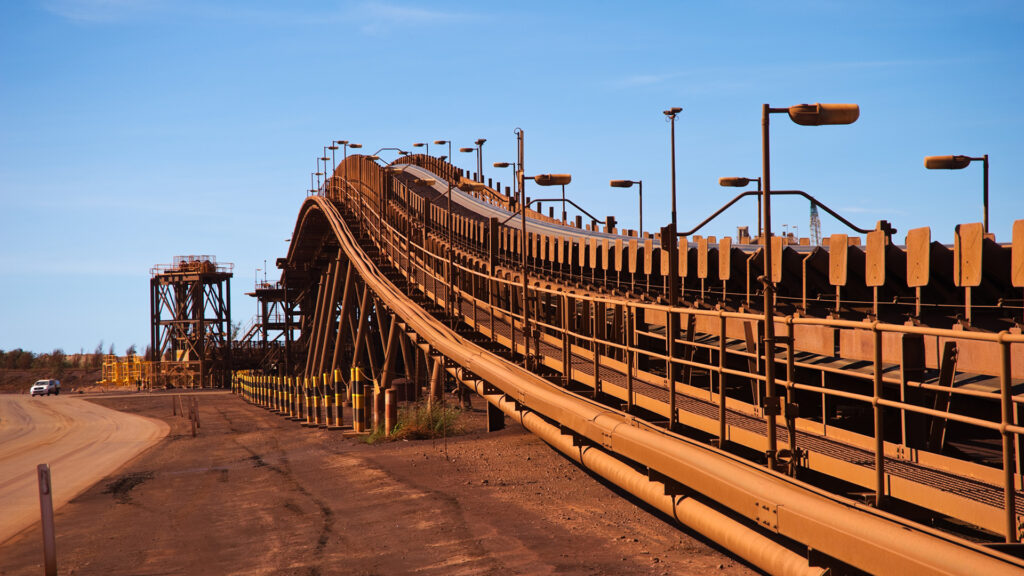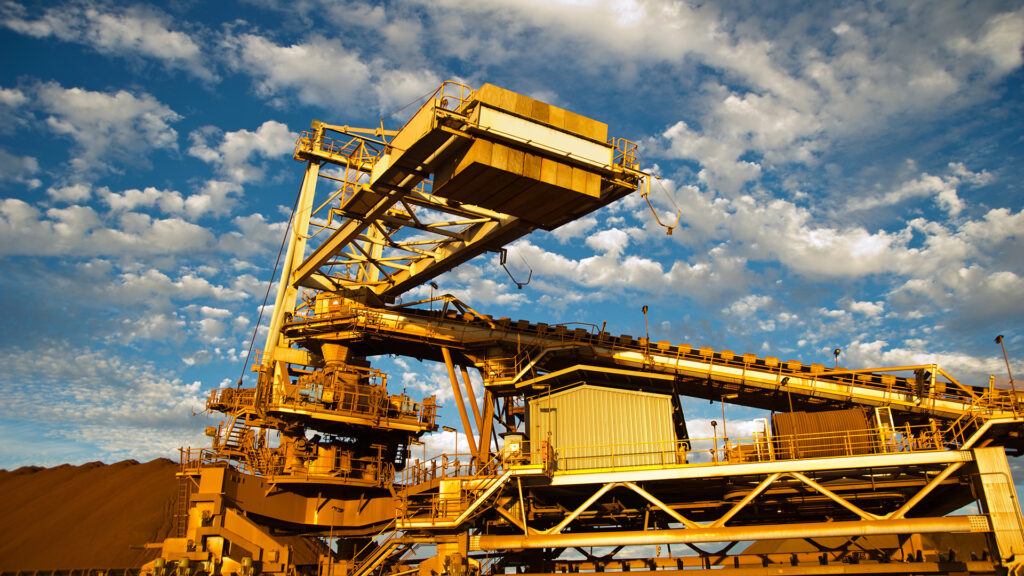Digital transformation of operations but not contracts?
The industry press is full of accounts of digitalisation in the offshore oil and gas industry. So it is surprising that contracts do not reflect this. This may be because collaborative working groups of technical, information technology and legal specialists are uncommon. However, they are necessary, so that rights and responsibilities in the digital landscape are clear.
Current offshore digitalisation developments
The digital transformation of the offshore oil and gas industry has accelerated over the past 18 months, encompassing digital solutions to specific benefits or pain points through to digital transformation of whole organisations.
Initiatives by operators include digital twin modelling of reservoirs, production units and subsea systems, as well as stream-lining construction, assembly and commissioning of floating production units. Contractors are using automated robot systems to reach remote areas, improving safety and cutting cost, amongst other digital technology.
What this means for IT, OT and Legal teams
Digitalisation of one aspect of a project can have implications for another: an operator’s digitalisation of the construction, assembly and commissioning of floating storage and offloading vessels (FPSOs) will have impact the entire supply chain. Contracts should reflect this.
Technical and digital interfaces need to function reliably and generate the data required. Timely and effective transfer of data onshore, processing and interpretation for use in decision-making are also important in maximising the value of technology. Teams developing operational technology (OT) will need to work with IT teams to achieve this.
They will also need to evaluate the quality, origins and consistency of data on which digital technology relies, formulating policies which satisfy IT and OT requirements and safeguard data security.
OT teams should set access permissions, both inside and outside the company, keeping in mind legal, regulatory and contractual constraints on sharing information. Lawyers will have a central role in identifying these issues.
How your contracts can catch up and keep up
If your company is involved in digitalisation, we recommend that you set up a task force including IT, OT and legal specialists with a broad vision of digitalisation issues to provide:
- clarity as to the data relied upon by technology
- definition of the data to be generated by it
- categorisation of organisations (joint venture partners, contractors, regulators and government agencies) who should have rights of access and of individuals who may exercise those rights
- restrictions required on the use, storage and retention of data
for each technological solution. You will then be able to incorporate these findings in contracting processes.
The time to begin is now, because if you are an operator or non-operating joint venture partner, you will wish to ensure that the data generated by your technology is reliable, secure and compliant with legal and contractual requirements. If you are a contractor, you will need to be ready to comply with contracts from operators reflecting these priorities.
Future briefings will highlight legal issues around digitalisation and disputes, digital transformation of whole organisations and the acquisition of digital technology.
Diana France and her partners and colleagues in the Energy and Resources group at HFW have extensive experience of leading and working in cross-functional teams, to ensure that contracts address the complex issues which arise in the industry.

Download a PDF version of ‘Digital transformation of operations but not contracts?’










-1024x576.jpg)